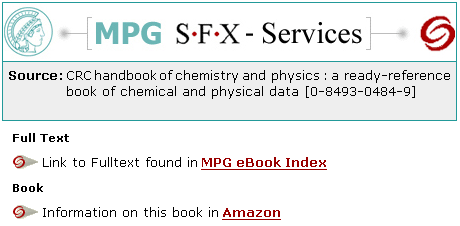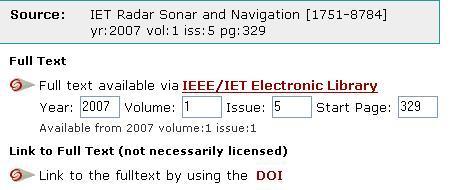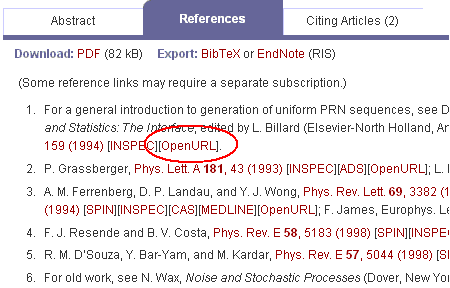Google Scholar offers a preference called library links which enables users to access licensed resources through their institutional link resolver. This works with any SFX server, but we haven’t registered the MPG link resolver and therefore you won’t find the Max Planck Society (MPG) being listed:

So, let’s ask the obvious question: Why?
The first and major obstacle is that the institution needs to provide complete electronic holdings information in the course of registration. This information is used by Google to position the SFX link in order to indicate when electronic full text is available for a particular reference.
On the other hand, the MPG has no central knowledge base including all electronic full texts available to a specific employee in his local context. The SFX link resolver mashes up holding information from various resources on request, i.e. after a user clicked on a MPG/SFX button. An example is the lookup in the Elektronische Zeitschriftenbibliothek to check for content additionally licensed for the particular institute (see documentation, in German). In short: We are not able to deliver the requested holdings information under these circumstances.
But would we register it if we could? At least this would bring the discussion back to the table, but there are some further concerns:
- Replicating institutional holding information contradicts one of the basic principles of the OpenURL concept: Generating context sensitive links on request.
- Google’s policy of emphasizing electronic holdings discriminates other library services, e.g. print holdings and document delivery services.
- The scope of the Google Scholar index is undefined and the interface offers basic retrieval options only. Therefore, we recommend using high-quality resources for information retrieval, e.g. the Web of Science.
Honestly spoken: I’m not too sure that any of the above arguments would prevent us from registering the MPG/SFX server at Google Scholar if our users would ask for it. The truth is: we haven’t received a single request until now. You want to be the first? Submit a comment or post us a note.




